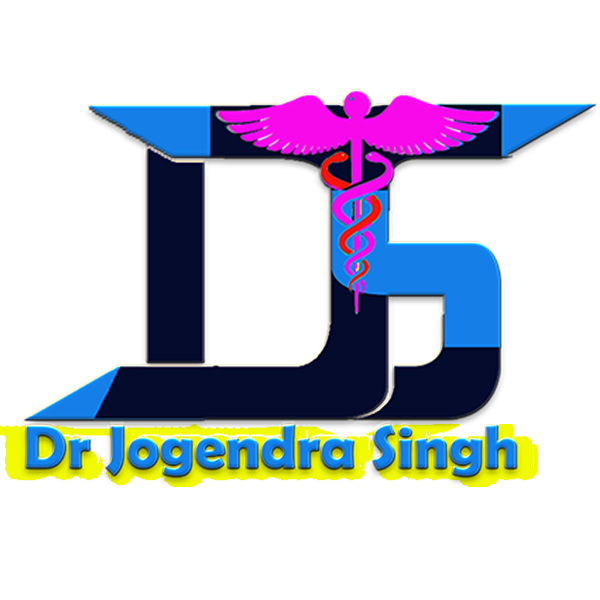
Cardiac Care
“Prevention is better than cure.” Our Heart is the epicenter of our health. It works contineously to power our circulatory system and supply nutrients to cells around our body. As such, our heart deserves proper care to preform its job so we can have a life to the fullest. February is the heart health month. Lets give our heart a favor and use the tips below to keep our heart healthy.
Our Services
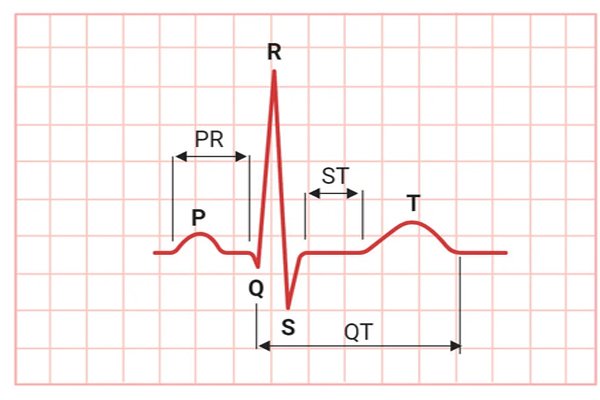
ECG
An electrocardiogram is one of the simplest tests used to evaluate the heart.
Electrodes are placed at certain spots on the chest, arms, and legs. The electrodes are connected to an ECG machine by lead wires.
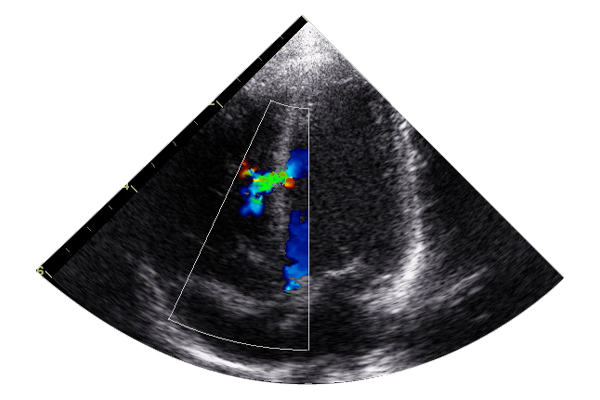
ECHO
An echocardiogram, is a scan used to look at the heart and nearby blood vessels.
It’s a type of ultrasound scan, which means a small probe is used to send out high-frequency sound waves that create echoes when they bounce off different parts of the body.
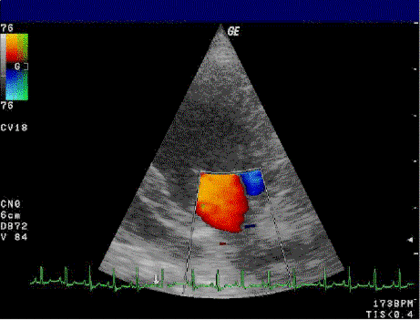
Doppler
Doppler ultrasound is a noninvasive test that can be used to measure the blood flow through our blood vessels. It works by bouncing high-frequency sound waves off red blood cells that are circulating in the bloodstream. A regular ultrasound uses sound waves to produce images.
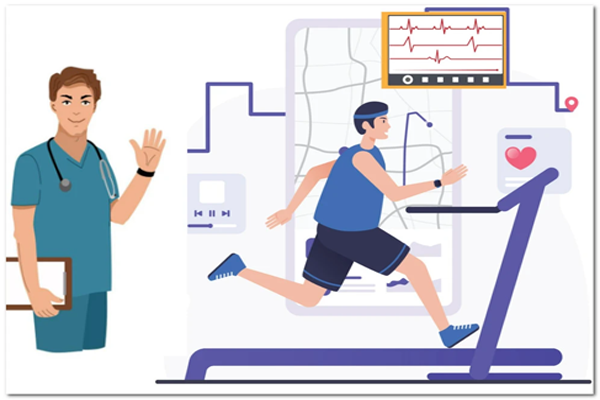
TMT
The TMT, or treadmill test, serves as an evaluation of cardiac health and a diagnostic tool for certain heart conditions.
This procedure involves walking or running on a treadmill while the patient’s heart rhythms and breathing are continually monitored.
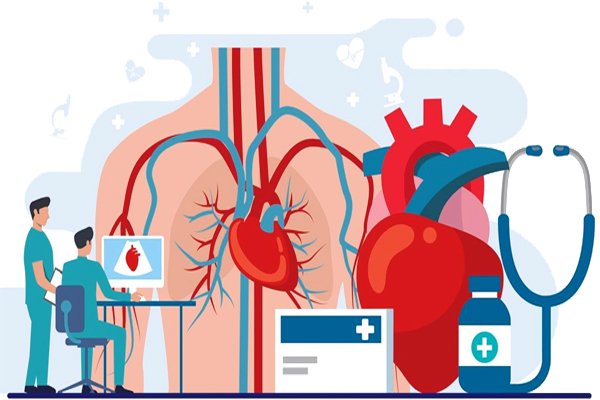
HOLTER
A Holter monitor is a type of portable electrocardiogram (ECG). It records the electrical activity of the heart over 24 hours or longer while you are away from your healthcare provider’s office. A standard or resting ECG is one of the simplest and fastest tests used to check the heart.

ANGIOGRAPHY
Angiography is a type of X-ray used to check blood vessels. Blood vessels do not show clearly on a normal X-ray, so a special dye called a contrast agent needs to be injected into your blood first. This highlights your blood vessels, allowing your doctor to see any problems.

ANGIOPLASTY
Angioplasty is a procedure used to open blocked coronary arteries caused by coronary artery disease. It restores blood flow to the heart muscle without open-heart surgery. Angioplasty can be done in an emergency setting, such as a heart attack.
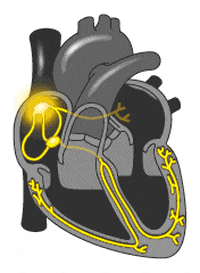
PACEMAKER
A pacemaker is a small device used to treat some arrhythmias. During an arrhythmia, the heart can beat too fast, too slow, or with an irregular rhythm. Pacemakers send electrical pulses to help your heart beat at a normal rate and rhythm.
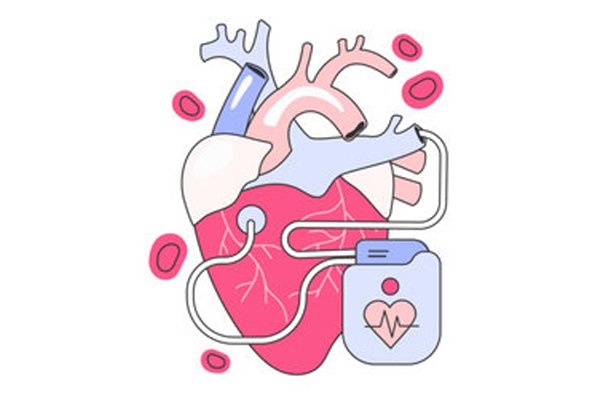
ICD/CRT
There are two types of CRT devices. One is a special kind of pacemaker. It’s called a cardiac resynchronization therapy pacemaker (CRT-P) or “biventricular pacemaker.” The other is the same device, but it also includes a built-in implantable cardioverter defibrillator (ICD).
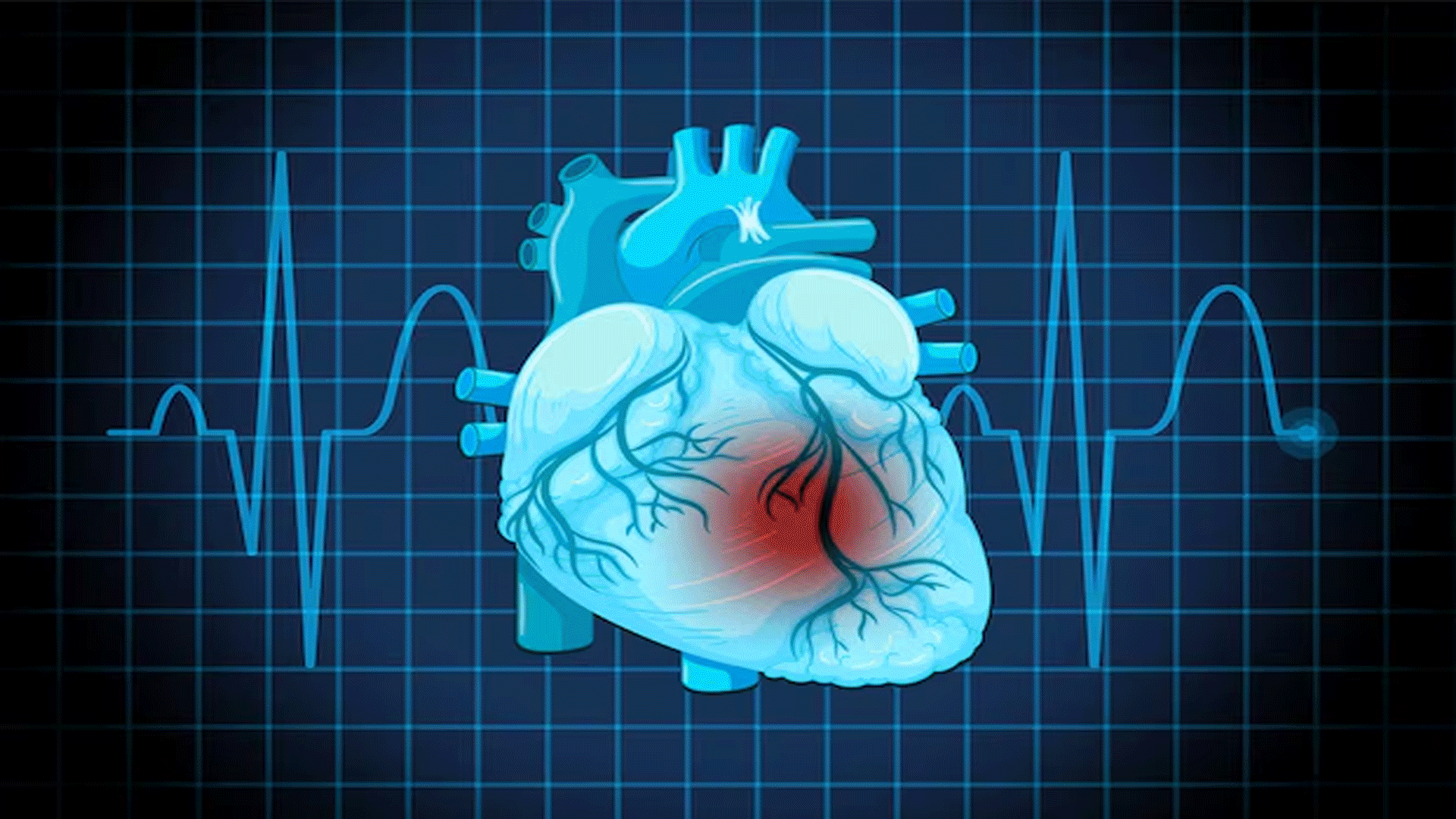

A Simple, Affordable Approach to Heart Care
“Prevention is better than cure.” Our Heart is the epicenter of our health. It works contineously to power our circulatory system and supply nutrients to cells around our body. As such, our heart deserves proper care to preform its job so we can have a life to the fullest. February is the heart health month. Lets give our heart a favor and use the tips below to keep our heart healthy.
9 simple Ways to keep our heart healthy
1. Do Regular Exercise or Try Yoga
Cardio or aerobic activity is vital for a healthy heart as it increases your heart rate and enhances cardiorespiratory fitness. All India Institutes Of Medical Science (AIIMS) recommends 75 minutes of vigorous aerobic activity and 150 minutes of moderate-intensity exercise every week. We can engage in vigorous-aerobic activities such as running, jumping rope, and cycling, and moderate-intensity activities such as dancing, biking, brisk walking Etc. Yoga also provides an excellent benifit w.r.t Heart and cardio vasculer cueness. Click here to know more.
2. Living Smoke-free
Quitting smoking is an excellent way of keeping your heart in Good condition. Smoking damages your heart and blood vessels. Also, it increases your likelihood of getting cardiovascular diseases. Also, avoid second-hand smoke because it causes heart attack & heart stroke.
3. Have Adequate Sleep
A good night’s sleep is good for our heart seeing as it lowers the blood pressure and allows the body to repair itself. So, Lets ensure for a sound sleep for at least six to seven hours every night.
One research study revealed that poor sleep results in high blood pressure which increases risk on our heart.
4. Consult a Doctor for Regular Checkups
It is best practice to consult a doctor for a Regular heart check up. The doctor will determine risk factors for heart disease, including diet, blood pressure, physical activity, cholesterol, and medical and family history, and advise accordingly. The doctor can also help us manage our risk factors for good/greater heart health.
5. The laughing therapy
Whether we are watching a movie or cracking jokes with friends,wec should laugh as loud as we can, It is good for our heart. Laughing decreases artery inflammation, reduces stress hormones, and increases good cholesterol.
6. Practicing Good Dental Hygiene
Poor dental health contributes bacteria in our bloodstream that affect heart valves. As such, it is imperative to have good dental hygiene. Our heart will thank us for it. According to recent studies, brushing our teeth twice a day can decrease the risk of Cardiovascular Diseases.
7. Eating Healthy Diet
A healthy heart needs a healthy diet filled with fruits, whole grains, vegetables, and legumes. A healthy diet improves our blood pressure while decreasing cholesterol and our risk of heart diseases. Avoid consuming Salty food and saturated fats because they increase our blood pressure and raise bad cholesterol.
8. Maintaining a Healthy Weight
Excess Weight increases our vulnerability to heart disease and high blood pressure. Therefore, We should strive to maintain a healthy weight. Stick to a healthy diet, exercise regularly, and decrease calorie intake for a healthy weight.
9. Be Active
Avoid sitting for long periods as it increases our risk of cardiovascular Diseases. Engaging ourself in activities that get our heart rate up – take the stairs instead of the elevator, walk with our pet, play with our friends, kids at the park, and doing household works.
It is never too late to adopt lifestyle changes that keep our heart healthy. The changes can be as simple as sleeping more, brushing our teeth, drinking more water, exercising, eating healthy, and getting regular checkups
Better Heart Care is Our Mission
Online Appointment Booking facility Available , Choose Your preferable Slot , And Book now.
